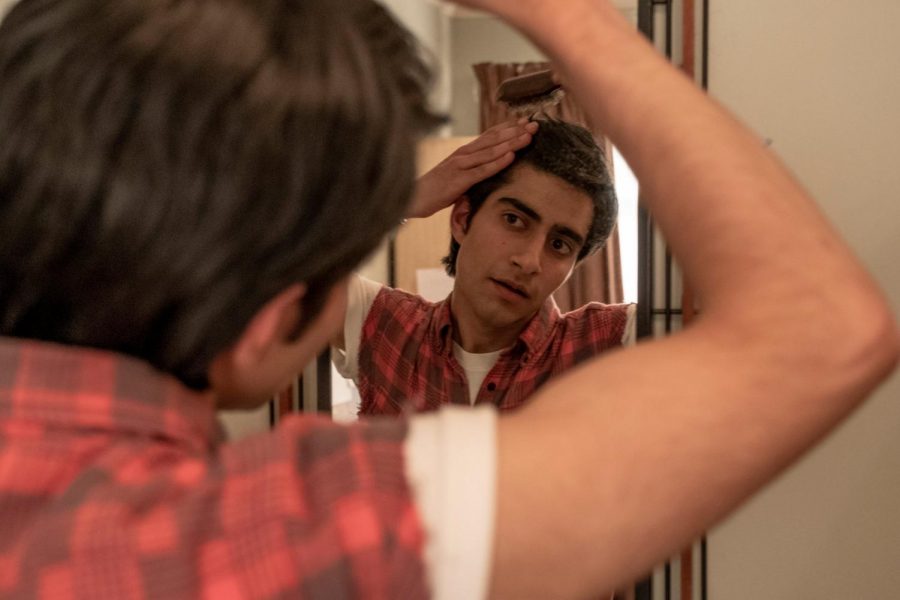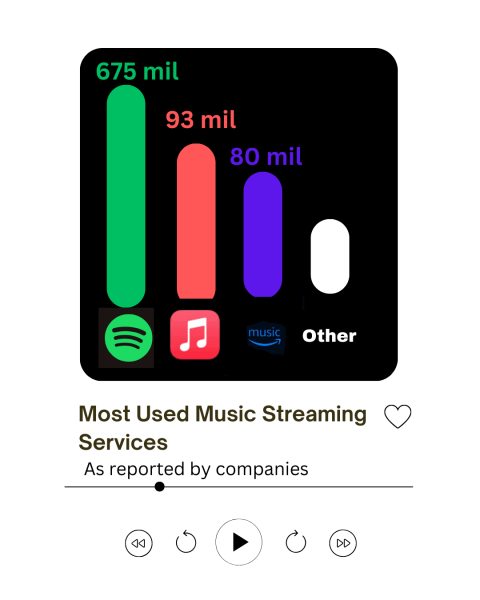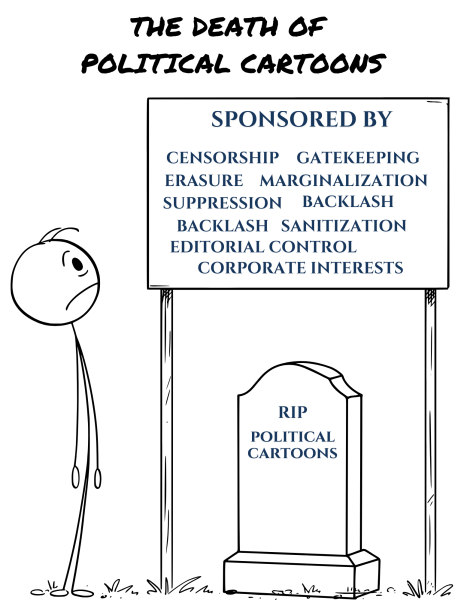“Blinded by the Light” shines bright with brilliance
Courtesy of (Nick Wall/Warner Bros.)
Viveik Kalra in “Blinded by the Light,” styling himself after his hero Bruce Springsteen (Nick Wall/Warner Bros.)
There are certain movies that reaffirm the qualities that make us human. Movies that are so real, so raw in their emotional energy that, for two beautiful hours, they validate the experience of life. Movies that shorten our breath and make our hearts beat faster. Not only movies, but music, too. Songs that perfectly describe all thoughts, all deeply hidden emotions.
When used together, a masterpiece of a movie like “Blinded by the Light” is created. It’s a movie that demonstrates expert handling of complex issues and a masterful portrayal of a teenager alienated from his family and the world around him set against one of the most well-framed backgrounds I’ve seen in awhile; “Blinded by the Light” is a movie that easily earns a spot in my top 10.
“Blinded by the Light” is a beautiful story about a second-generation Pakistani teen in Luton, England, during the midst of the worst economic crash England had ever seen in 1987. As his family struggles to make ends meet, Javed (Viveik Kalra) finds solace in his writing, despite constant fear that his work isn’t good. His strict father (Kulvinder Ghir) disapproves and demands his son adhere to a traditional role and path. Disenfranchised and demoralized, Javed is introduced by his new friend Rhoops (Aaron Phagura), another Pakistani teenager, to someone that speaks to him: Bruce Springsteen.
Javed falls in love with The Boss’s music, completely enthralled by this American rock and roll artist who seems to be writing songs directly for Javed. With his growing confidence, Javed continues to write and even begins a relationship with a girl, which ends up being one of the best parts of the movie.
The scene where Springsteen’s music is played on screen for the first time is a display of complete mastery over the intertwining aspects of music, visuals and acting. “Dancing in the Dark’s” message of yearning for something beyond what you have and a deep dissatisfaction with your life are universal messages that Javed is first understanding in concrete terms.
Javed’s hatred for his hometown of Luton is expressed through the epic “The Promised Land.” The combination of memories, dream sequences and Javed discovering a new passion in the midst of a storm is so beautiful that my face glowed with connection to this young man. It so perfectly captured the reliability of Springsteen’s music, I began to see myself in Javed. An interesting element of the film first appeared here too. Important lyrics were displayed on the screen, often highlighting the powerful energy of Springsteen’s lyrics.
The entire 1978 album “Darkness on the Edge of Town” is played in the film, which .was an extremely intelligent choice. “Darkness” is an album about hating the cards you’re dealt and the place you live. The album, in essence, is Javed. A teen so alienated from the social system and town he has been placed in that he wants to “explode and tear this whole town apart.” “The Promised Land” in particular describes Javed’s situation and feeling of optimistic despair perfectly. Even though he is in so much pain, he still believes in a promised land. He still believes in his dreams.
As a longtime listener of The Boss’s music, I rediscovered what had so touched me about his music along with Javed. The alienation, the desperation, that ever-hungry heart or the ties that bind us to each other were so perfectly captured by the movie. I, like Javed and Springsteen, have not had a perfect relationship with my family. I often feel alienated by my goals and my beliefs. Seeing Javed find so much of what I found in Springsteen’s music, and fulfilling goals not too far away from mine, gave me such indescribable joy.
There are so many things that stuck out in the movie, but the use of framing devices was really sublime. The TV in Javed’s family room, which is left on, often subtly reminds the viewer of the immense stakes, like the massive job shortage and the political tensions. Even graffiti in the background served to remind that Javed wasn’t welcome in his own town. In the opening scene, Javed is riding his bike down a street, flanked on either side by videos of Margret Thatcher speaking, workers on strike, and police in riot gear attempting to control the situation. This brilliant move enabled the whole context of the situation, along with the stakes Javed faced. The stark contrast throughout the movie between Javed finding love and home in the music and the terrible social and political situation that so dominated his life was often played up by the tonal differences in lighting, an art that seems to be falling by the wayside in modern blockbuster movies.
“Blinded by the Light” is a movie on a whole other level. Watching it, I couldn’t help but find myself in the movie. The powerful lyrics of Springsteen coursing through the screen as three teenagers found themselves in his music. Glowing as Javed found love and friendship. Feeling the terror of the brutal confrontation between the fascistic National Front (NF) and the antifascist protesters as the NF attacks Javed’s father. Singing along with Javed as he learns what it means to be a human being through Springsteen’s music. Understanding the utter hopelessness you feel when everything you’ve built comes crashing down on you, and the sheer pride you feel by standing up and grabbing what’s yours. The joy of succeeding, of making your father proud. As a Springsteen fan, I can’t imagine a better tribute to the Boss then the magnificent beauty of “Blinded by the Light.”








